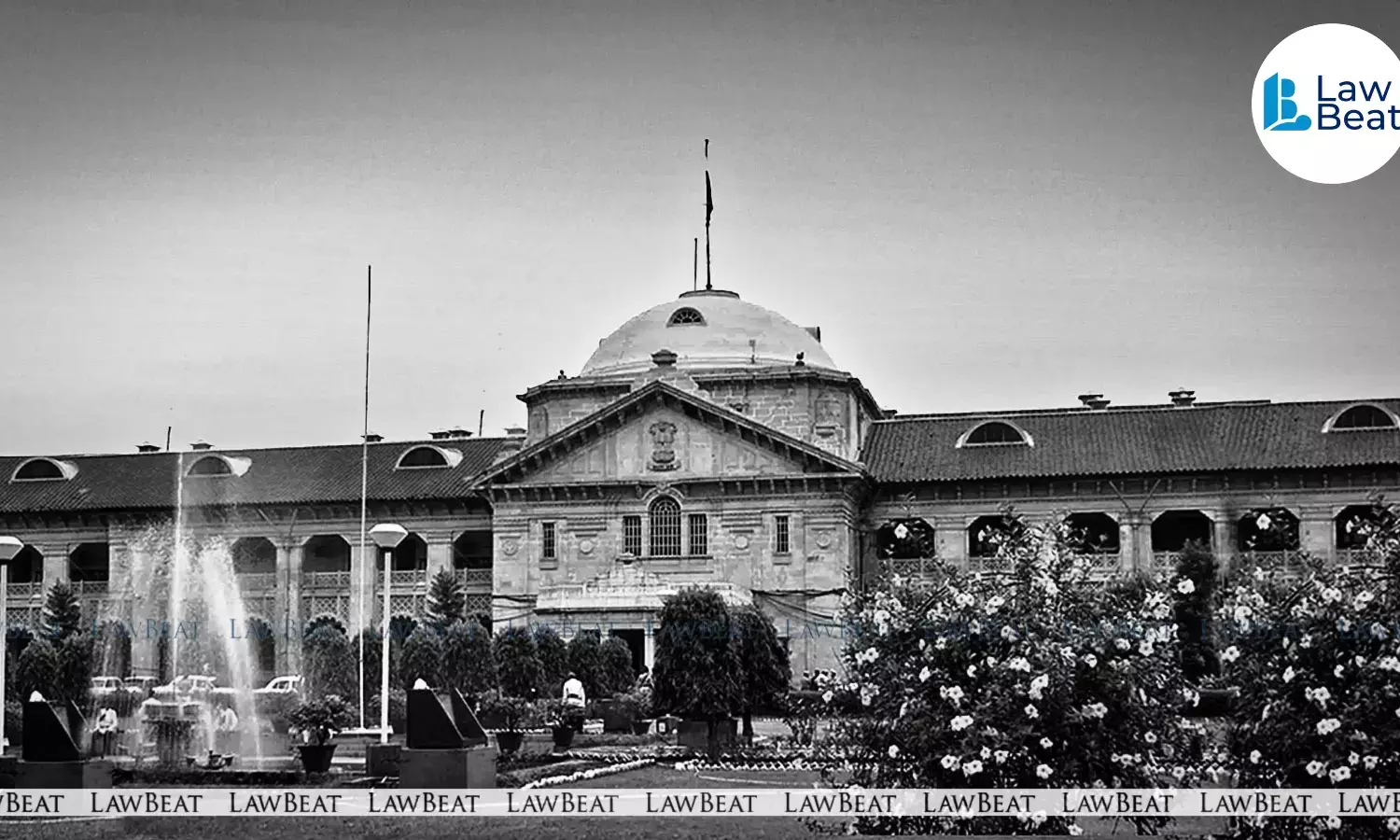Allahabad HC Rejects Protection Plea by Married Woman in Live-In with Another Man

Allahabad High Court denies protection to married woman's live-in relationship, citing potential bigamy offences
The Allahabad High Court recently refused to grant police protection to a woman and a man claiming to be in a live-in relationship, after it found out that the woman was still legally married to another man. Court held that giving the couple protection would mean supporting an act that could be considered a crime of bigamy or cheating under the law. Court dismissed their plea asking the police not to interfere with their living arrangement.
"No law-abiding citizen who is already married under the Hindu Marriage Act can seek protection of this Court for illicit relationship, which is not within the purview of social fabric of this country," the bench of Justice Vivek Kumar Singh said.
The petitioners had approached the High Court stating that both were adults who had been living together of their own free will and alleged that respondent no. 4, the woman’s husband, was causing hindrance in their peaceful life. They sought directions to the State authorities to restrain any interference and provide necessary protection.
According to the petition, the woman had made an application before the Senior Superintendent of Police, Saharanpur, on September 25, 2025, asserting that although she was married to respondent no. 4, she had entered into a relationship with petitioner no. 2 (her partner) and that her husband was threatening her. The application was annexed to the writ petition.
The State submitted that this was the second marriage of the woman, that the couple had been living together for two years, and that they did not have any genuine apprehension of threat to life from woman's husband. The Standing Counsel also informed the court that the woman had not produced any marriage certificate to support her claim of remarriage and that her divorce petition against her husband was filed only on October 30, 2025, after an earlier direction from the court to submit such a document. The divorce proceedings were pending, and no decree had been passed.
Relying on the Division Bench judgment in Asha Devi v. State of U.P. (2020), the single-judge bench reiterated that protection cannot be granted when the woman is legally wedded to someone else and has not obtained a divorce. The bench also referred to Supreme Court judgments, including D. Velusamy v. D. Patchaiammal and Indra Sarma v. V.K.V. Sarma, which clarified that bigamous or adulterous relationships do not qualify as live-in relationships “in the nature of marriage” capable of receiving legal recognition.
Court observed that marriage subsists until dissolved by a competent court and that any relationship entered during the subsistence of an earlier marriage may attract criminal liability under Sections 494 and 495 IPC (bigamy). It noted that the woman continued to be the legally wedded wife of respondent no. 4, and therefore, the petitioners’ relationship did not fall within the legally recognised categories of live-in relationships.
Court further held that protection under Article 226 can be granted only if the petitioners demonstrate a subsisting legal right requiring enforcement. It found no evidence to show that the petitioners lived as husband and wife, such as joint accounts, shared property, or financial arrangements. In these circumstances, court concluded that the petitioners had no enforceable right to invoke the writ jurisdiction and that granting protection would amount to indirectly permitting conduct that may constitute offences under penal law.
Court stated that no writ of mandamus could be issued to defeat statutory provisions and emphasised that the jurisdiction under Article 226 is equitable and discretionary.
Accordingly, the court dismissed the writ petition.
Case Title: Smt. Sonam And Another vs State Of U.P. And 3 Others
Order Date: November 7, 2025
Bench: Justice Vivek Kumar Singh
